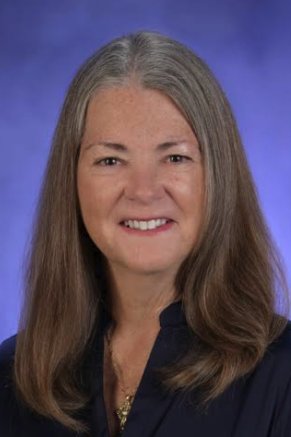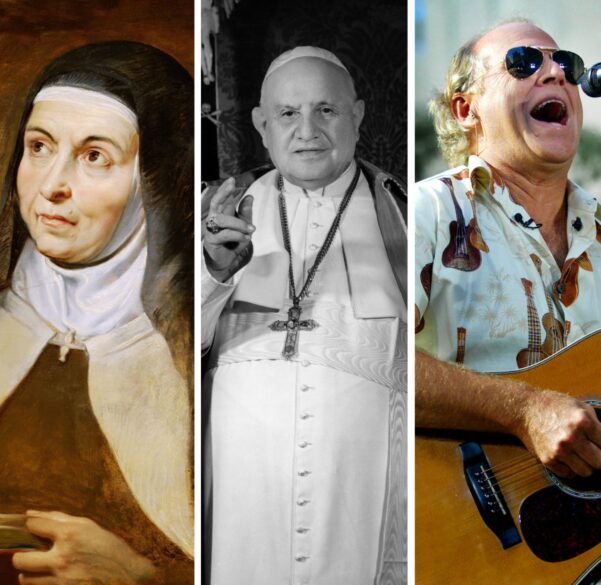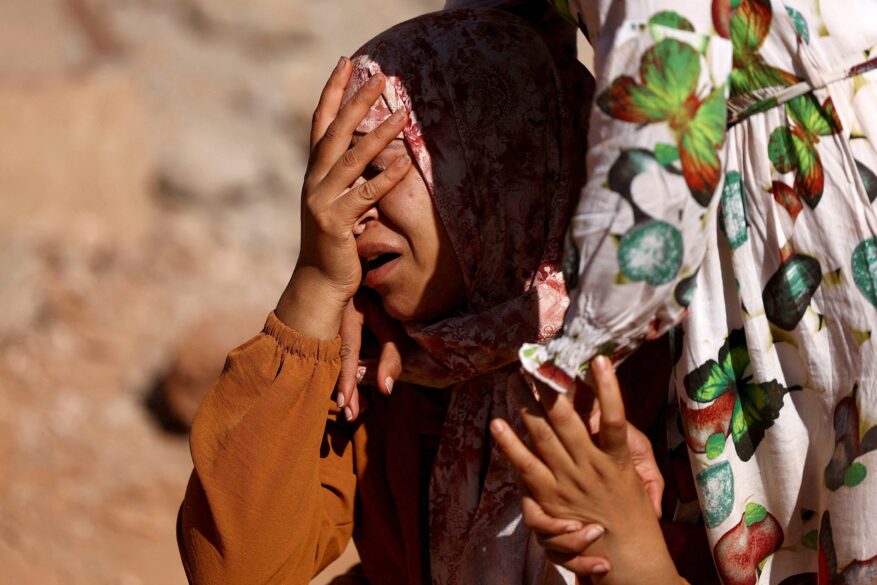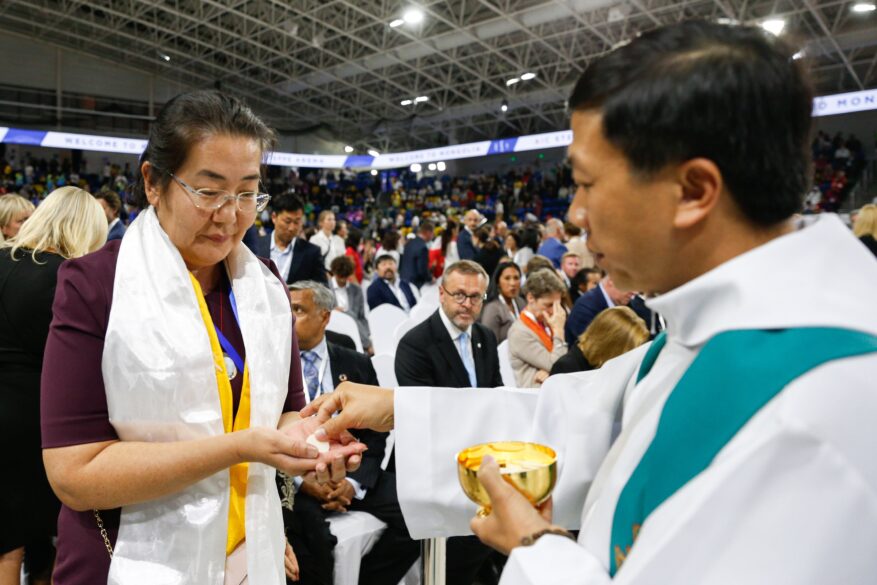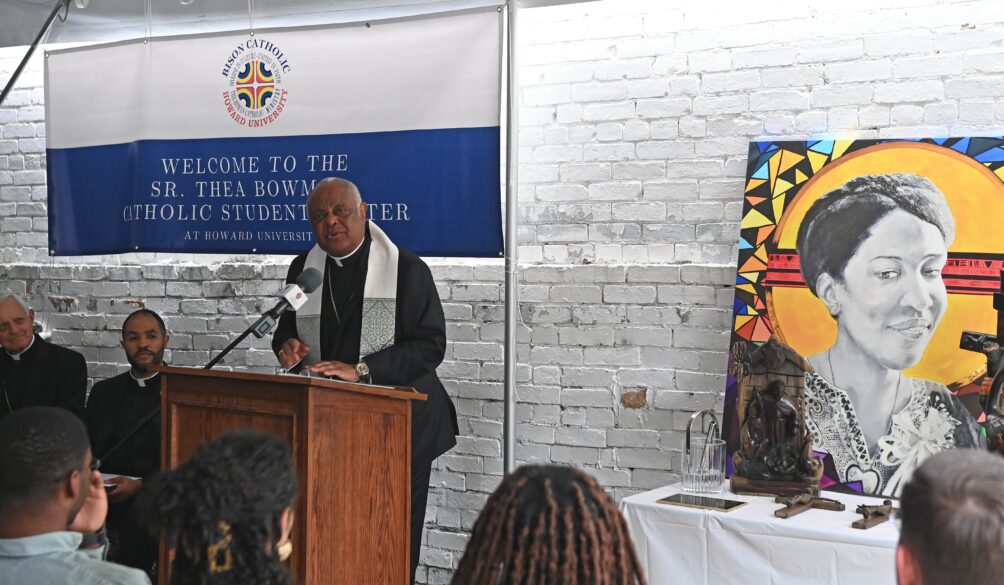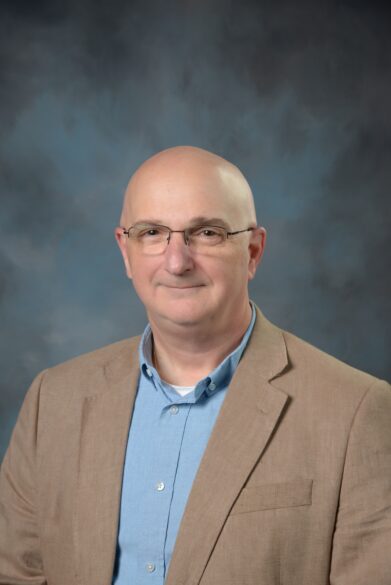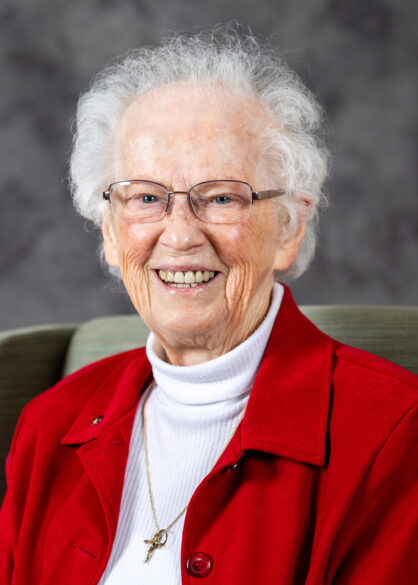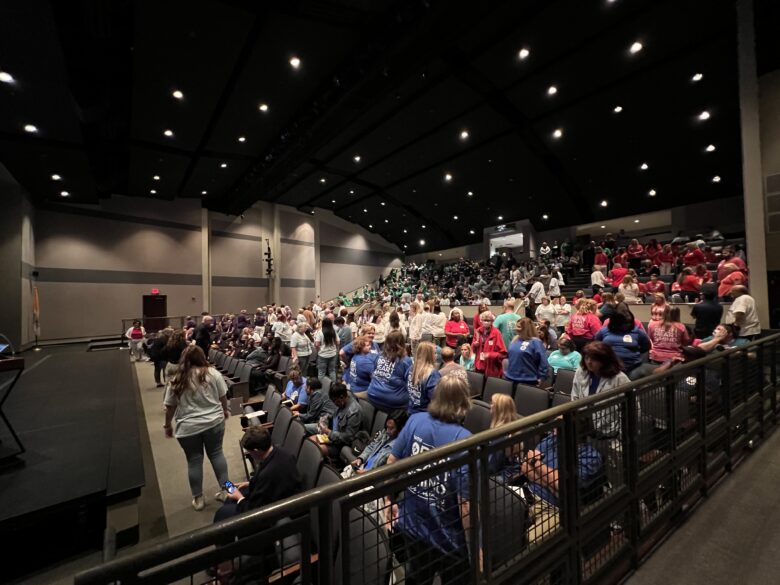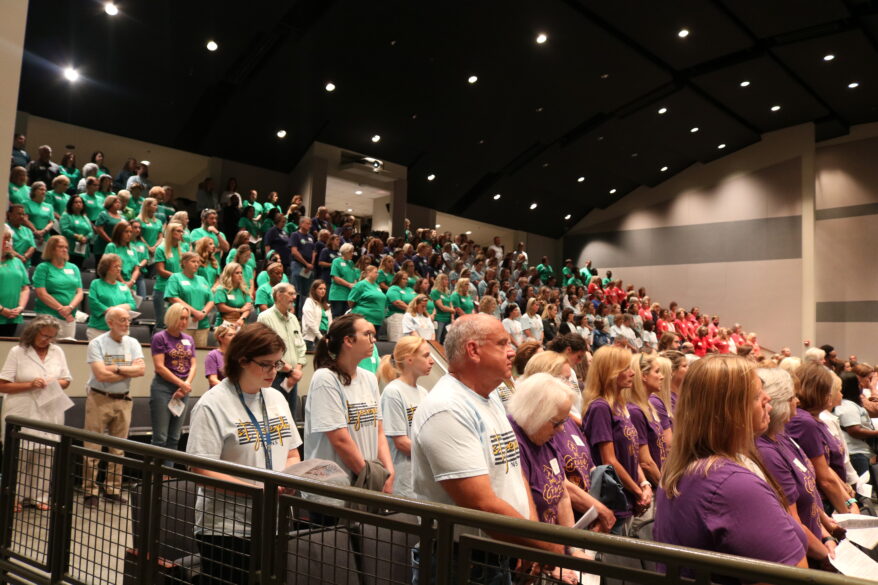Kneading Faith
By Fran Lavelle
I have spent the past three years studying transformational leadership for a doctorate in ministry (D. Min.) Thanks be to God, I graduated on June 1st. One of my favorite courses was titled Transformational Servant Leadership. The course description states, “…the servant-leader is servant first. His or her desire to lead comes from a desire to serve and is manifested in the care s/he takes in ensuring that others grow into greater freedom, wisdom, health, and empowered leadership. Transformational leadership invites the leader to engage in a process of service that lifts the leader and those they serve to a higher level of being and acting that are the bases for personal conversion and social transformation. Both nurture the seeds of a vision that leaders and our society not only long for but can realize.”
When I first read the course description I was struck by the phrase, “nurture the seeds of vision.” Upon further reflection I came to recognize that hospitality is the cornerstone of any vision for ministry. Hospitality exists in places where authentic encounters lead to eternal love. The imperative to truly see, hear, and value one another is difficult. It is a challenge in our work as ministers but also it is a greater challenge in our daily living. In preparing our hearts to receive all others with attentiveness, active listening, empathy and love we rest in hospitality.
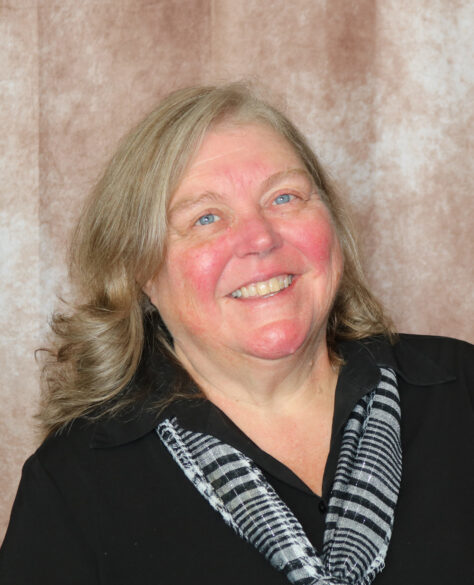
In John McKnight’s article, “Why Servant Leadership is Bad” he invites churches to be places of hospitality not social service agencies. Everything he advocates for begins with the ability to go beyond treating the symptoms of our social ills and work to see the other as equal not something to be pitied. Hospitality requires that we be focused on the other – their value, dignity and gifts. A space of radical hospitality is the fertile ground for dreaming, visioning and praxis.
We can dream and talk about vision but in order for visions to be animated, systems to support those visions must be in place. What are the seeds of your transformational leadership praxis? Are you building the structures to support the ministries in your parish or school that support your vision? Are you becoming united with other servant leaders through better communication, opportunities for education and training, regular meetings and celebrating milestones in both your professional and personal lives? Are you underscoring the importance of dreaming and envisioning, the importance of foresight and the value of authentic listening? Do you recognize team members who readily engage in dreaming big dreams, envisioning new ways of being and living a ministry of presence?
What are the desired outcomes of our vision? A question Robert Greenleaf asks in The Servant Leader, “Do those served grow as persons? Do they, while being served, become healthier, wiser, freer, more autonomous, more likely themselves to become servants?”
In returning to the connectedness of all life we are called to nurture the seeds of vision. A vision that includes the oneness of our humanity and indeed all of creation. The paradigm shifts a little every time someone on the periphery feels connected to God’s love. Our role as persons of faith and as formational leaders is to cultivate oneness by being present, vulnerable and loving. If we are caught in a “it’s the way we’ve always done it” mentality, we are limiting our ability to learn and grow. Holding on to old ways just because they are comfortable limits the work of the Holy Spirit.
My colleague and dear friend, Abbey Schuhmann and I often talk about the young church. Our youth and young adults are seeking an authentic encounter with Christ. They want leaders who can accompany them on their faith journey, truly listen and hear them, and live out the Gospel in their everyday lives. They are listening to our words but also watching the way we live. Many who have left the church cite an authenticity gap. That is to say we do not live up to our preaching or teaching.
Successful servant leaders articulate a vision or message that resonates with people long after they are gone. I watched Ted Koppel’s segment on leadership a few years ago on CBS Sunday Morning. He interviewed Stanley McChrystal, a retired four star general. McChrystal mentioned a bright woman who came to one of his classes that he was teaching at Yale. She said something that obviously resonated with him, “People will forgive you for not being the leader you should be, but they won’t forgive you for not being the leader you claim to be.”
I pray a litany for all the transformational servant leaders in my life. Chief among them is my father. Forever imprinted in my spirit, he demonstrated transformational servant leadership. Dad was a great practitioner of hospitality. He used his life to serve others and encouraged them to become healthier, wiser, freer, more autonomous people. I am a beneficiary of his life of service. Nurturing the seeds of vision.
(Fran Lavelle is the Director of Faith Formation for the Diocese of Jackson.)

